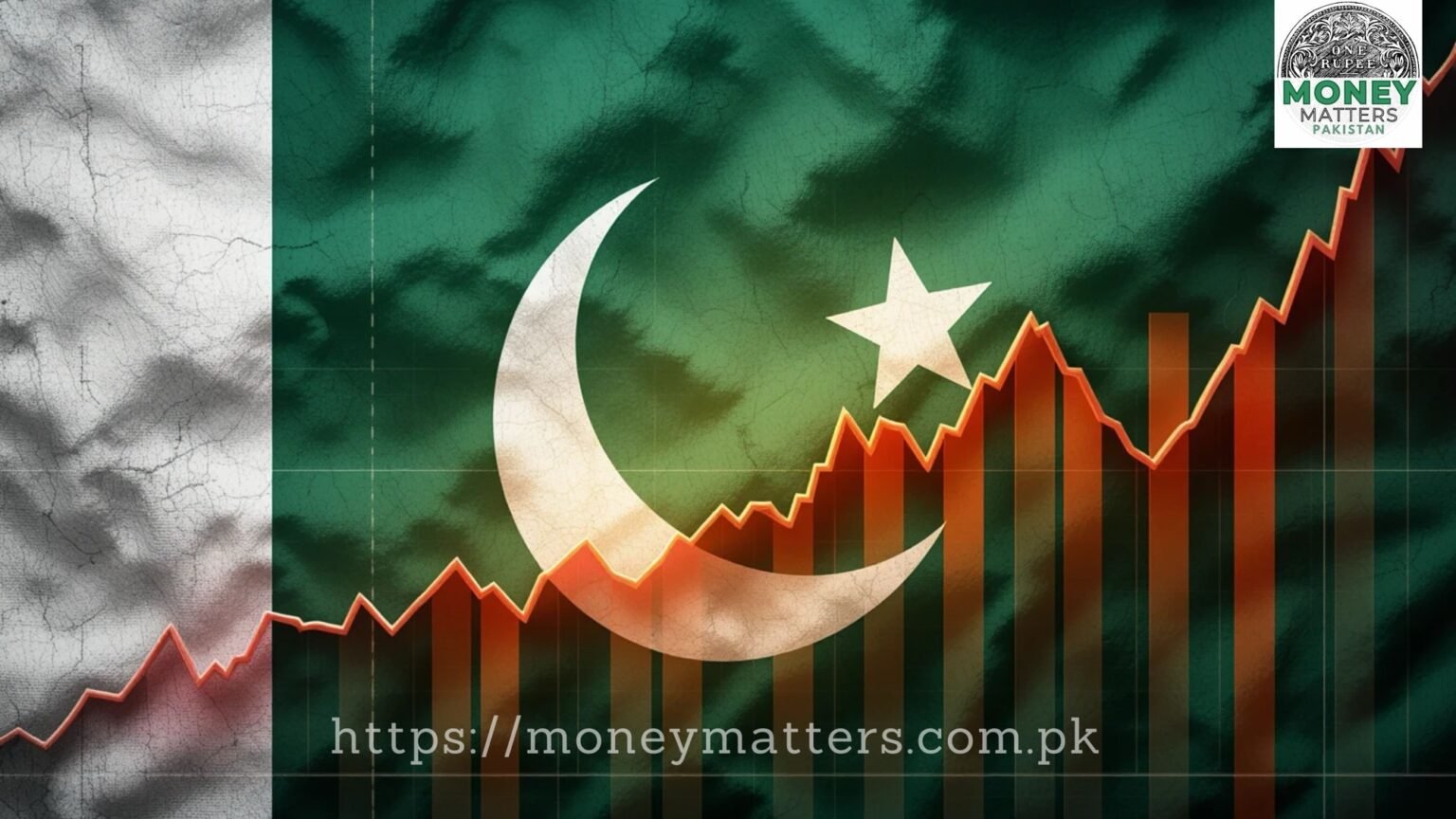Industry Front calls for government expenditure control amid rising debt and IMF pressures.
Key Takeaways:
i) The Pakistan Industrial and Traders Association Front (PIAF) is advocating for stricter control over government spending and the high costs associated with servicing the nation’s debt.
ii) PIAF highlights that failure to reform the tax system and increase revenue collection is a major factor behind heavy domestic and foreign borrowings by the government.
iii) The association expresses concern over the increasing budget deficit and its impact on the economy.
Islamabad, Pakistan – April 14, 2025 – The Pakistan Industrial and Traders Association Front (PIAF) has called for immediate measures to control government expenditure and the escalating costs of debt servicing to manage the country’s growing budget deficit. This statement comes amid concerns over the impact of these financial pressures on Pakistan’s economic stability.
PIAF Chairman Fahimur Rehman Saigol, along with Senior Vice Chairman Nasrullah Mughal and Vice Chairman Tahirm Manzoor Chaudhry, issued a joint statement emphasizing that the high cost of doing business is hurting economic growth and industry, particularly due to the significant increase in gas prices. Saigol pointed out that the failure to reform the tax system and enhance revenue collection is a primary driver behind the government’s reliance on both domestic and international borrowing.
Nasrullah Mughal expressed serious concerns about the rising budget deficit, while Tahirm Manzoor Chaudhry reiterated the need for tax reform and increased revenue collection to reduce the government’s dependence on loans. He also noted the slow progress in privatizing loss-making public sector enterprises, such as Pakistan Steel Mills and Pakistan International Airlines, despite the urgency expressed by the International Monetary Fund (IMF).
Saigol pointed out that the failure to reform the tax system and enhance revenue collection is a primary driver behind the government’s reliance on both domestic and international borrowing.
PIAF leaders also highlighted that the IMF is pushing Pakistan to impose new taxes, which primarily burden the salaried class and levy taxes on nearly all consumable goods, including medical tests, stationery, vegetables, and children’s milk. They added that Pakistan’s foreign exchange reserves remain critically low, barely covering six weeks’ worth of imports.




